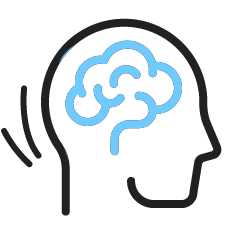Approximately 1.4 million people in the U.S. report using hallucinogens annually, with many developing a dependency over time. Hallucinogen addiction can have profound effects on both mental and physical health, leading to unpredictable behavior and long-term cognitive impairments.
The impact of hallucinogens extends far beyond the initial euphoria, as chronic use can result in severe psychological disturbances. Understanding the risks and effects of hallucinogen addiction is crucial in finding effective treatment options for those affected.









